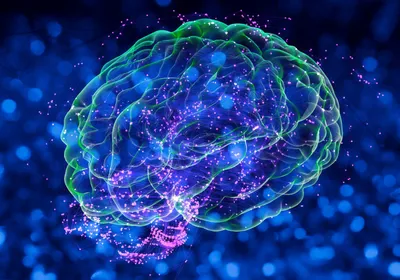 Electroencephalography sheds light on electrical activity in the brain.FLICKR, JM3
Electroencephalography sheds light on electrical activity in the brain.FLICKR, JM3
Children with autism show a variety of linguistic and social abilities, and it can be difficult to predict how a child will develop. But monitoring brain activity in 2-year-olds with autism spectrum disorder (ASD) can help predict their cognitive abilities at ages 4 and 6, according to a study published yesterday (May 29) in PLOS ONE.
Patricia Kuhl of the University of Washington and colleagues recruited 24 2-year-olds with ASD and 20 children of the same age who were developing normally. The researchers measured electrical activity in the children’s brains with noninvasive electroencephalography. The researchers then read the children both familiar and unfamiliar words, which the children’s parents helped the researchers determine.
When the developmentally normal children heard unfamiliar words, the electrical activity in their ...




















